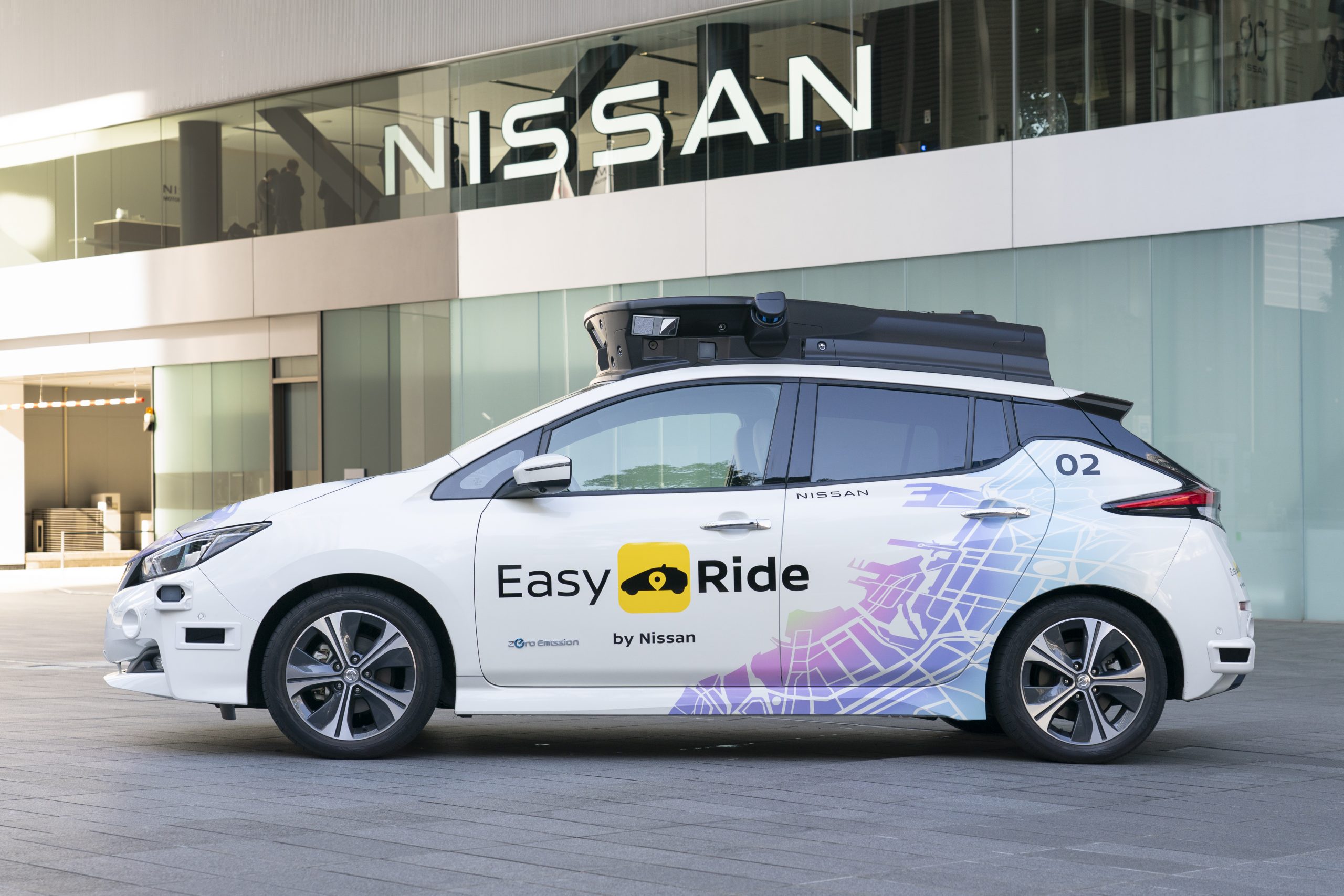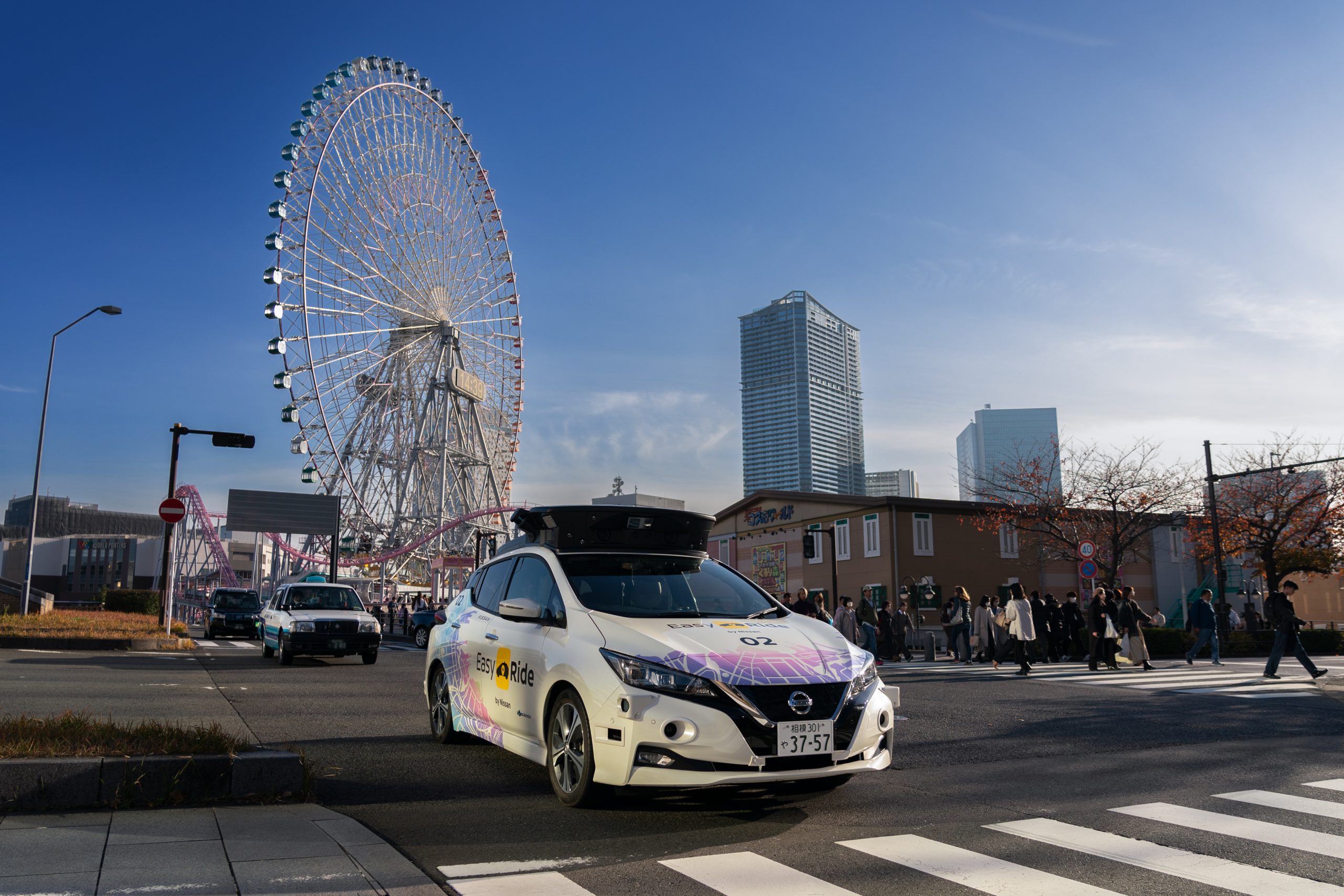Nissan has announced its roadmap to commercialise its in house-developed, autonomous-drive mobility services in Japan.
This is a significant step towards the company’s long-term vision, Nissan Ambition 2030, to empower mobility by solving transportation service issues faced by local communities in Japan.
Local communities have been facing several mobility challenges, such as driver shortages, which are a result of an ageing population. With this service, Nissan will provide a broad range of new services that enable free movement.
Nissan has been testing business models for mobility services in Japan and abroad since 2017. These vicinities include the Minato Mirai area of Yokohama and Namie town, Fukushima Prefecture, where a manned mobility service called Namie Smart Mobility has been in operation since 2021.
Outside Japan, Nissan has been testing autonomous-drive mobility in London and other areas with the support of the UK government.
Equipped with this knowledge, Nissan plans to begin offering autonomous-drive mobility services starting in fiscal year 2027, working with third parties such as local authorities and transport operators.
Nissan will begin trials in the Minato Mirai area in fiscal 2024, and eventually scale-up the trials the following fiscal year.
During the trials, the level of autonomous driving will be gradually enhanced while assessing customer acceptance.
Close co-operation
The following is a broad timeline:
Fiscal year 2024: Driving tests in the Minato Mirai area of Yokohama using an autonomous driving vehicle based on the Serena minivan.
Fiscal years 2025 to 2026: Service demonstration tests in the Yokohama area, including Minato Mirai, Sakuragi-cho and Kannai, with a total of 20 vehicles (with a driver on board).
Fiscal year 2027: Aiming to start providing services in three to four municipalities, including rural areas, with tens of vehicles. Discussions are underway with a number of municipalities.
This initiative will be promoted in close co-operation with the Japanese Ministry of Economy, Trade and Industry; Ministry of Land, Infrastructure, Transport and Tourism; and other central ministries.
The ministries will also promote initiatives to realise new autonomous mobility services at the Level 4 Mobility Acceleration Committee that they organise.





